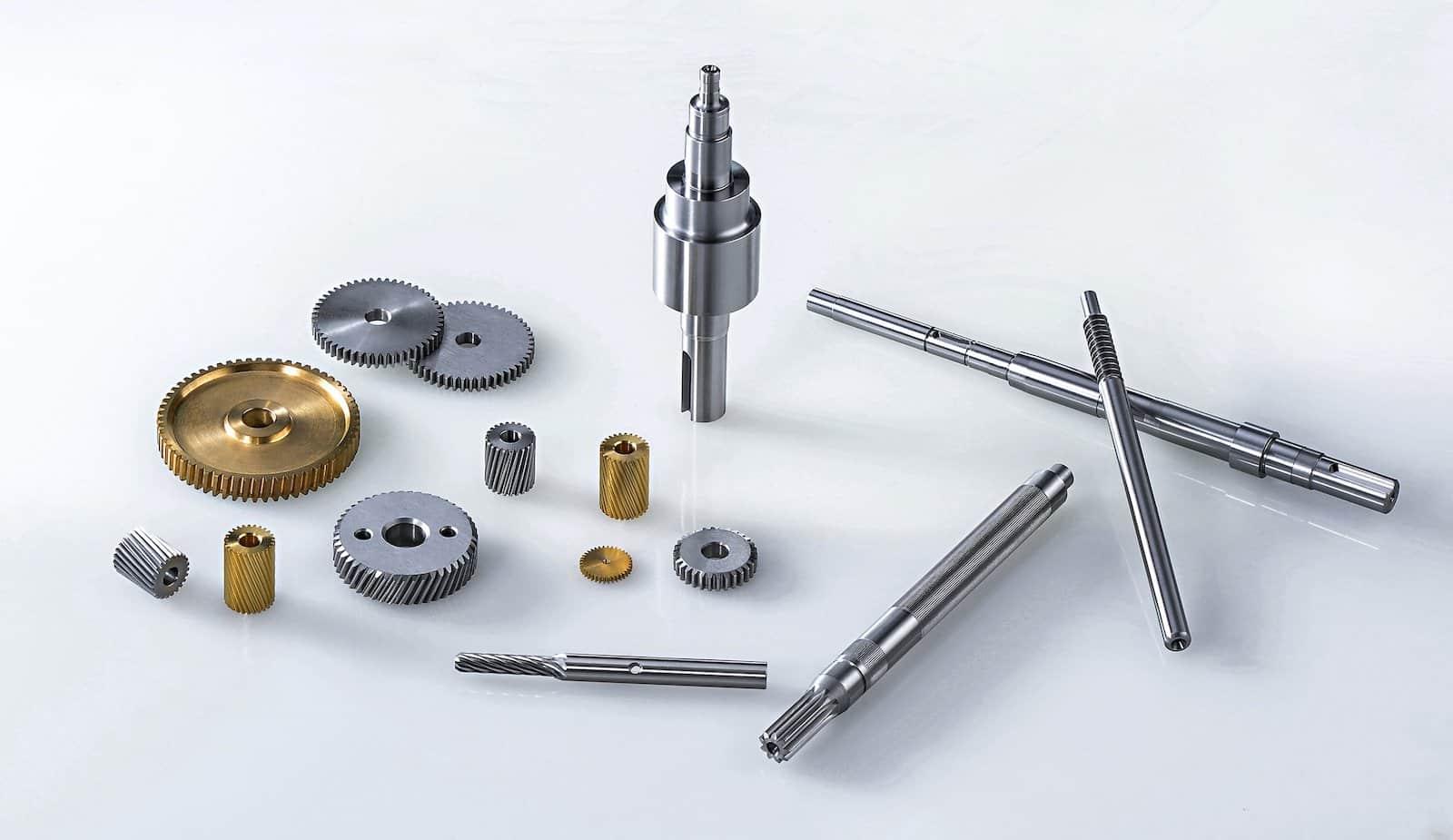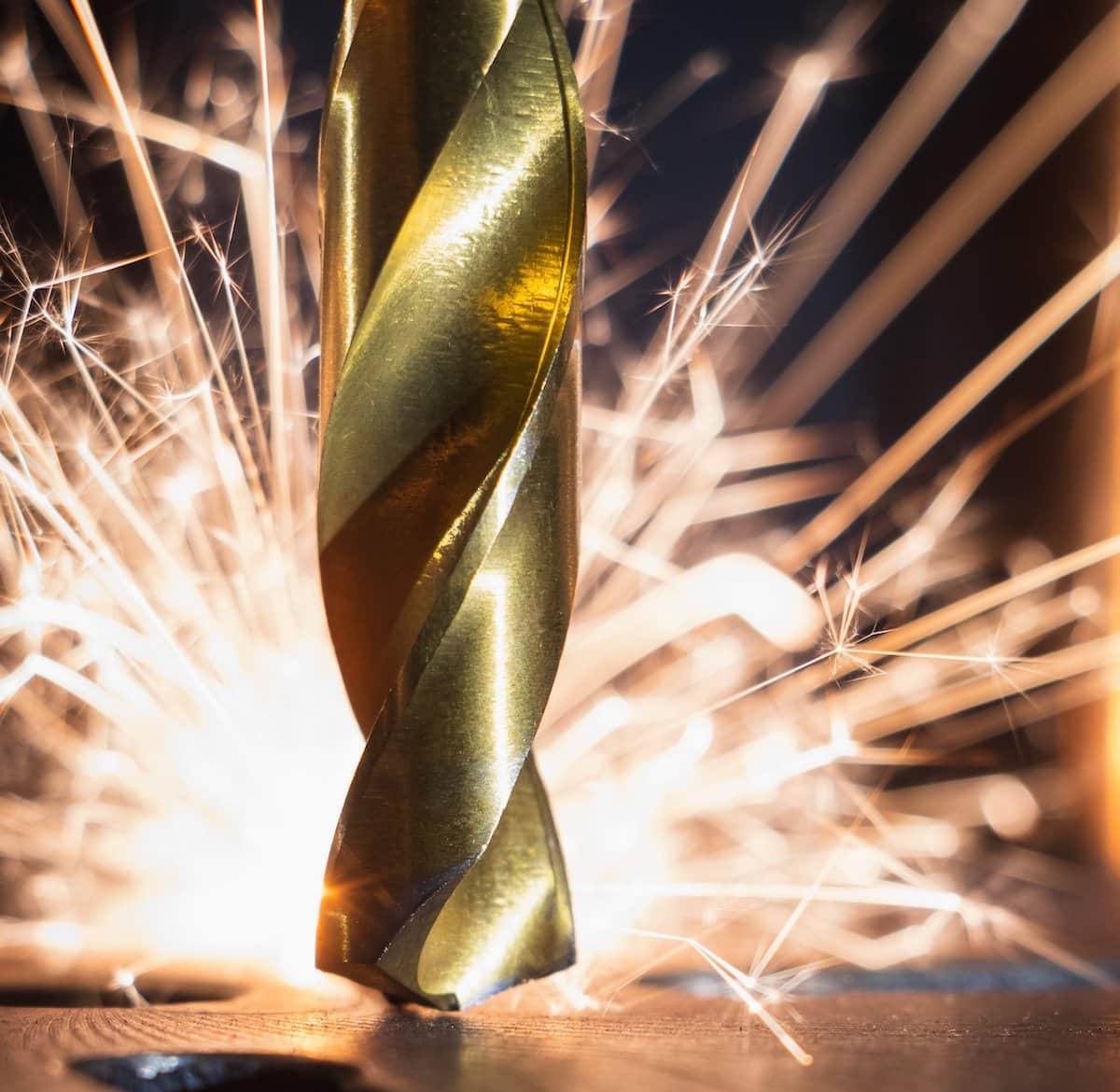28th Feb 2023

In the machining industry, CNC (computer numerical control) and manual machining both exist. CNC is a computerised machine that performs precise cuts by using automatic tools, which can perform large-scale jobs at a low cost with high efficiency. Manual machining involves the use of various tools to cut materials in a traditional way. However, manual machining has limitations, such as a high cost and low efficiency when compared to CNC. Read on for our comparison between the two…
Why CNC Machining?
CNC machining is a computer-controlled process, which means that our machines can be more accurate than traditional methods. Traditional machining relies on the skills and experience of the operator to control their machine and make adjustments as needed. The result is that you may get parts that are not as precise or consistent in quality from one part to another, or even from one batch to another. In contrast, at Advanced Engineering, our CNC machines produce parts with great precision and repeatability because they use software programmes that calculate exactly how much material needs to be removed at any given time, during each cutting operation based on information provided by an engineering drawing or CAD file (computer-aided design).
CNC Machining VS Manual Machining
Cost
Traditional machining – Traditional machining can be costly, even for small jobs. This is because it requires a lot of manual labour from skilled workers.
CNC Machining – Machining with a CNC machine can be expensive for small jobs but is generally more efficient and cost effective for jobs requiring a number of the exact same part.
Production
Machining in the traditional sense – The final product’s quality is largely determined by the machine technician’s or operator’s skills and abilities.
Machining with a CNC machine – Geometry is loaded into the software, reducing the risk of human error in the quality equation. At Advanced Engineering, we have consistently invested in the latest machinery to support this.
Replication
Machining conventionally – Because it is difficult to ensure high levels of part consistency due to the human factor, conventional machining is best suited for small runs or single pieces.
CNC machining is ideal for large quantities of highly consistent products because machines operate on computer commands.
Experience and abilities
Conventional Machining with a Large CNC Lathe and Milling Machine – Operator experience at Advanced Engineering has a significant impact on part quality and consistency.
Workforce Requirements
Machining in the traditional sense entails a dedicated operator for each machine, and the tools necessitate a high level of technician involvement. Operators must be able to produce a wide variety of parts, which requires extensive knowledge, skills, and experience.
Machining with a CNC machine – Because the CNC process requires little operator involvement, a single operator can supervise multiple machines at the same time with high degrees of accuracy and precision, lowering labour costs.
In most cases, CNC machining is the preferred manufacturing method due to improved product quality, highly consistent production replication, and lower labour demands.
WORKING WITH ADVANCED ENGINEERING FOR CNC SERVICES
Working with the team at Advanced Engineering comes with a range of benefits. Our expert engineers have a wealth of experience in CNC machining and are very experienced in manufacturing cost-effective and reliable parts. Our ability to meet tight deadlines makes us the first choice for many of our clients and we understand the need for high quantity CNC parts that may exceed your manufacturing capacity.
Interested in CNC engineering services?
Contact us today if you’re interested in finding out more about our CNC machining services, or if you want to make an enquiry. Our knowledgeable and experienced team will be happy to help discuss your requirements or answer any questions you may have. Alternatively, take a look through our services to find the right one for your needs.




